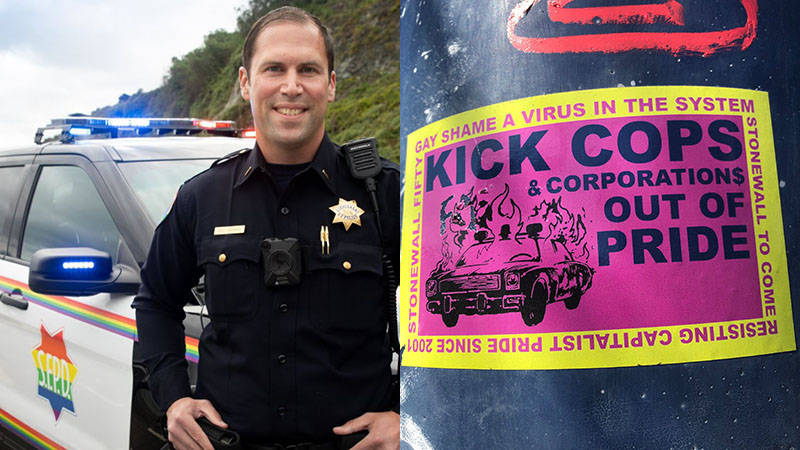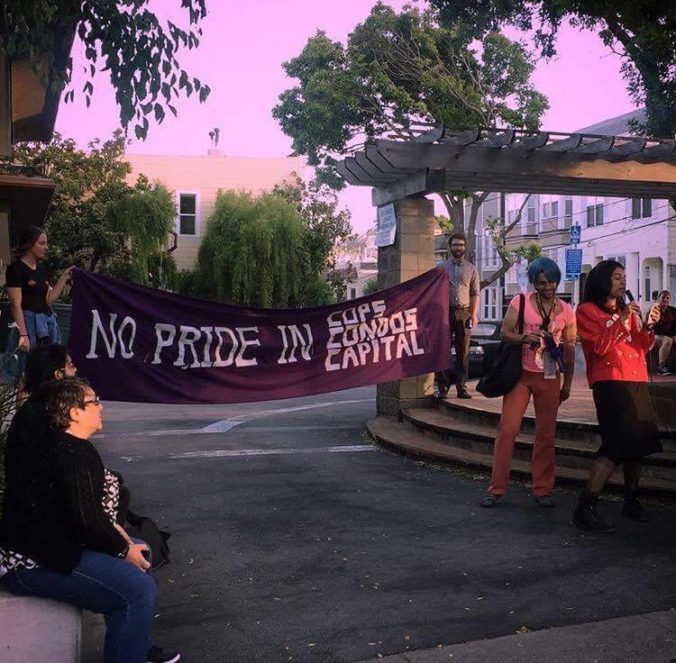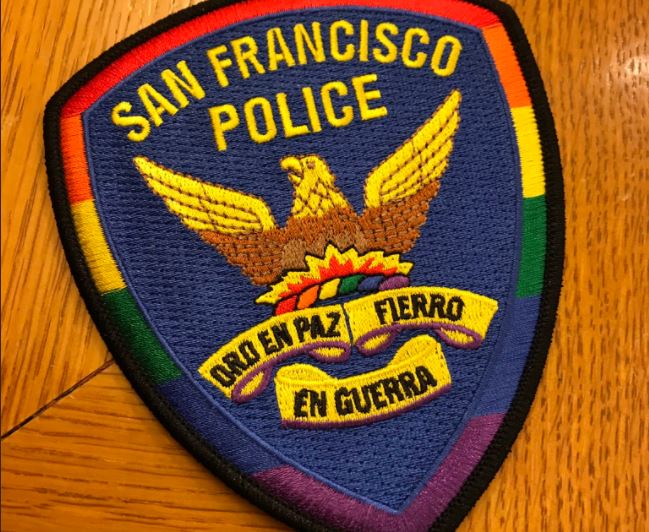Editor’s Note: This article is part of KQED Arts’ story series Pride as Protest, which chronicles the past and present of LGBTQ+ activism in honor of the 50th anniversary of the Stonewall riots. Learn more about the series here.
A lot has changed in the 53 years since the Compton’s Cafeteria riot of 1966, when the LGBTQ+ community’s frustration at police harassment boiled over into a chaotic skirmish.
At the time, the San Francisco Police Department had a habit of raiding gay bars and arresting patrons for anachronistic crimes like “female impersonation.” When a trans woman threw a coffee cup at a police officer attempting to grab her, SFPD suddenly found themselves on the defense from people who’d had it with their intervention. Three years later at the Stonewall Inn at New York City, queer and trans patrons rioted against police harassment for three consecutive days, sparking the modern-day gay rights movement.
In a surprise announcement today, New York’s police commissioner James O’Neill apologized for the NYPD’s treatment of the LGBTQ+ community during the Stonewall era, calling the department’s practices and the law “discriminatory and oppressive.”
The SFPD has yet to make a formal apology for similar actions. Yet SF Pride 2019 commemorates the Stonewall riots with the theme “Generations of Resistance,” and SFPD officers will march in the parade alongside the LGBTQ+ community. Despite SFPD’s efforts to project a gay-friendly image with the roll-out of new rainbow police uniform patches and patrol cars, activists question whether police have any place at Pride, given the long history of police brutality against the queer and trans community.





